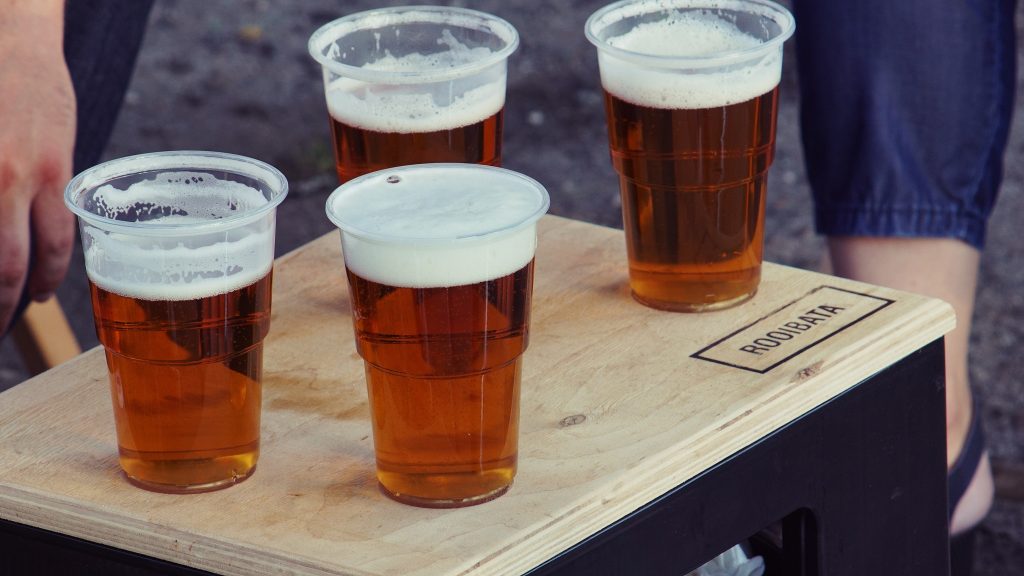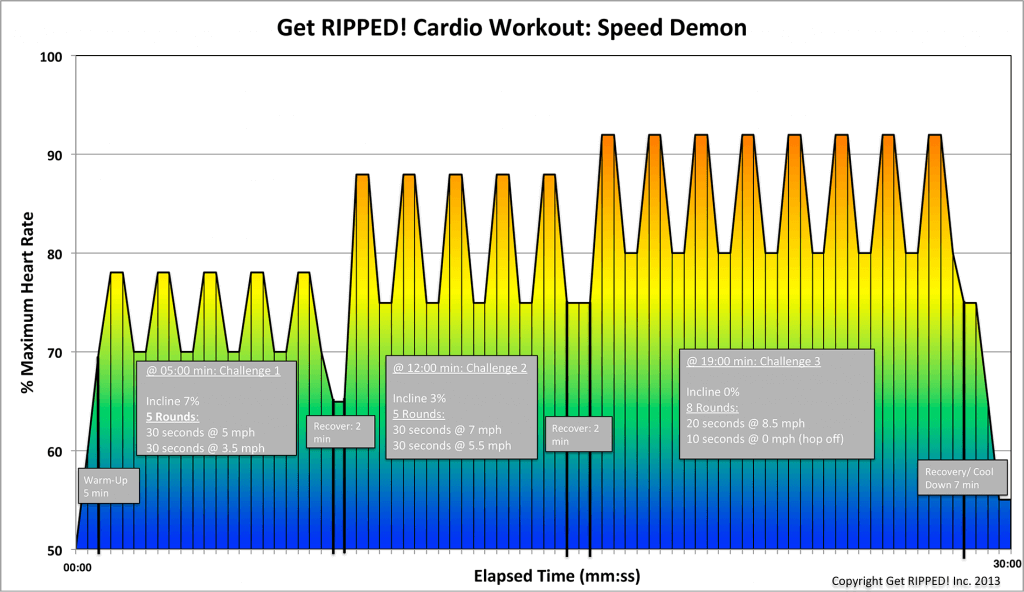Blog, Nutrition, Nutrition Tips
Can You Incorporate Alcohol Into A Healthy Diet?
You’ve been true to your diet and even conquered eating out with the family, but the real test is yet to come. The company dinner party or a family member’s wedding, where alcohol plays a role in the festivities. Is it possible to include alcohol in a healthy diet? The answer is yes! It’s part of some very famous diets created to improve overall health. The DASH diet for hypertension and the Mediterranean diet recommended by many physicians include alcohol. The DASH diet limits alcohol to two drinks daily, while the Mediterranean diet includes a glass or two of red wine only.
Are there benefits from drinking alcohol?
Nobody recommends you should start drinking alcohol for health benefits, but if you do already drink it, a limited amount can bring some benefits. Moderate alcohol consumption could reduce the risk of diabetes, might prevent an ischemic stroke caused by narrowed or blocked arteries in the brain, and could reduce the risk of heart disease or dying from heart disease.
How much can you drink on a healthy diet?
A moderate drinker, someone who has two or fewer drinks a day, may reap some benefits. One drink is 12 fluid ounces of beer, 5 fluid ounces of wine, or 5 fluid ounces of distilled spirits that are 80 proof. If you choose mixed drinks, such as tropical drinks with little umbrellas, you have to consider the other ingredients, which often contain high amounts of added sugar. If you drink, the healthiest drink is red wine.
Too much alcohol can age you, cause weight gain, and have disastrous health consequences.
While you can have one or two drinks a night, you can’t save an entire weeks’ worth of drinks and have them on Saturday night. It’s all about moderation each day. The liver can’t process too much alcohol consumed at one time. The rest travels through the body and at its worse, cause death. Chronic alcohol abuse also creates health issues. It can increase the risk of several diseases, including damage to the liver and brain.
- If you’re trying to lose weight, drinking alcohol can slow the process, particularly if you’re menopausal. It also can increase the symptoms of menopause, such as night sweats and insomnia,
- Even though moderate alcohol intake may reduce the potential for heart disease, the opposite is true of heavy alcohol use. It increases the risk of heart disease.
- An alcoholic beverage may cause you to eat more. Studies show that alcohol increases appetite. One study showed that people ate 300-400 more calories when drinking an alcoholic beverage with their meals.
- Always discuss the inclusion of alcohol in your diet with your healthcare professional. Some medications can interact with alcohol and some conditions are aggravated by its use.
For more information, contact us today at Get RIPPED! by Jari Love


